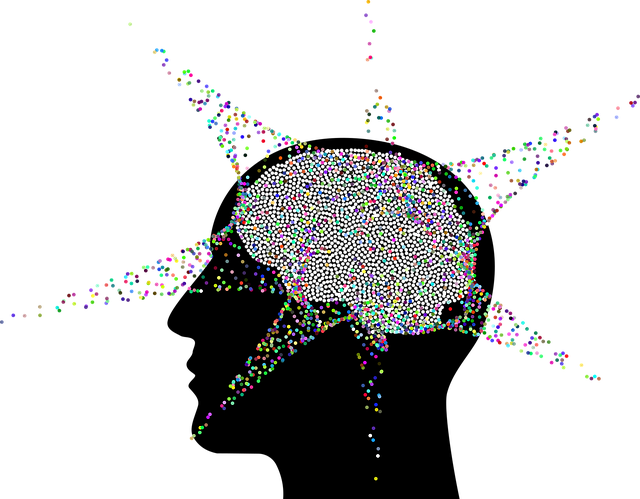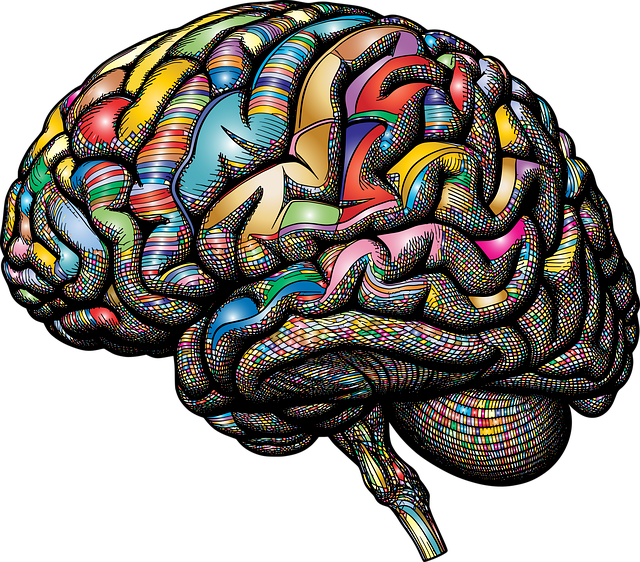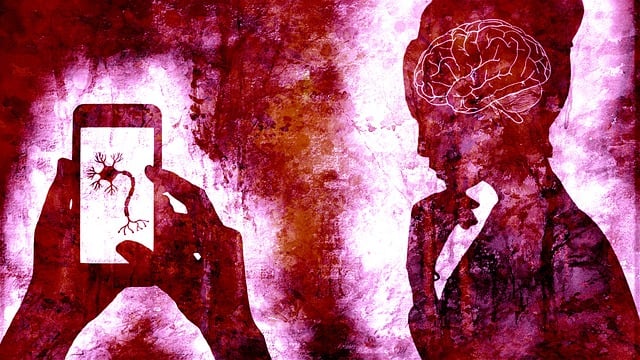Crisis intervention for young children with neuro disorders focuses on immediate, targeted support during emotional or behavioral crises. Early detection, tailored therapy approaches like CBT and stress management techniques, cultural sensitivity, creating safe spaces, and holistic collaboration among families, community resources, and professional therapists are key to achieving positive outcomes. Public education through awareness campaigns and mental wellness podcasts also play a significant role in reducing stigma and empowering support systems.
Crisis intervention is a vital component of supporting young children with neuro disorders. This comprehensive guide explores evidence-based strategies to navigate intense situations, focusing on early detection and effective responses. From recognizing signs and creating safe spaces to implementing therapeutic approaches like cognitive-behavioral techniques, this article equips parents and professionals with essential tools. By fostering collaboration among families, communities, and professionals, we can enhance crisis intervention and promote resilience in young children with neuro disorders, ensuring their well-being and development through therapy.
- Understanding Crisis Intervention for Young Children with Neuro Disorders
- Identifying Signs and Triggers: Early Detection Saves Lives
- Creating a Safe Space: Stabilization Techniques for Calm
- Therapeutic Approaches: Cognitive-Behavioral Strategies for Resilience
- Involving Support Systems: Family, Community, and Professional Collaboration
Understanding Crisis Intervention for Young Children with Neuro Disorders

Crisis intervention for young children with neuro disorders is a specialized area within therapy that focuses on providing immediate and targeted support during intense emotional or behavioral crises. These situations can be highly challenging, given the unique needs and complexities associated with neurodevelopmental conditions. Early intervention strategies are crucial in fostering positive outcomes and enhancing the child’s ability to regulate their emotions and behaviors.
Therapy for young children with neuro disorders involves tailored approaches that address the specific challenges they face. Crisis intervention guidance emphasizes rapid response, de-escalation techniques, and skill-building to help children navigate distressing situations. Public awareness campaigns and mental wellness podcast series production can also play a significant role in educating parents, caregivers, and the broader community about these disorders, promoting understanding, and reducing stigma. Effective crisis intervention strategies not only support the child but also empower their support network to respond effectively during moments of crisis.
Identifying Signs and Triggers: Early Detection Saves Lives

Early detection is a cornerstone of crisis intervention, especially when it comes to young children with neuro disorders. Parents, caregivers, and educators play a vital role in recognizing subtle signs and triggers that can indicate an impending crisis or escalation. These might include sudden changes in behavior, extreme emotional reactions, or difficulties in concentration and communication. By being attuned to these cues, individuals can intervene promptly, potentially averting more severe outcomes.
Therapy for young children with neuro disorders often emphasizes the importance of teaching both children and their support systems effective stress management techniques and emotional regulation skills. Stress Management Workshops Organization, for instance, offers valuable resources to help caregivers navigate challenging situations. Incorporating practices that enhance cultural sensitivity in mental healthcare practice is also essential, ensuring that interventions are tailored to each child’s unique needs and background.
Creating a Safe Space: Stabilization Techniques for Calm

Creating a safe space is a fundamental stabilization technique used in crisis intervention, especially for young children with neuro disorders. This involves establishing an environment free from threats and providing a sense of comfort and control. Therapists can achieve this by employing various strategies, such as ensuring physical safety through calm and soothing surroundings, and emotional safety by offering empathy, understanding, and non-judgmental support.
In therapy for young children with neuro disorders, the goal is to help them regulate their emotions and regain a sense of equilibrium. Techniques like deep breathing exercises, guided imagery, or engaging in play activities can facilitate this process. Depression prevention and mental health awareness are supported by these practices, which cultivate compassion cultivation skills, enabling children to cope with crises more effectively.
Therapeutic Approaches: Cognitive-Behavioral Strategies for Resilience

In the realm of crisis intervention, particularly for young children grappling with neuro disorders, Cognitive-Behavioral Therapy (CBT) emerges as a potent therapeutic approach. CBT focuses on identifying and changing negative thought patterns and behaviors, fostering self-esteem improvement and promoting positive thinking. By helping children understand and manage their emotions, this therapy empowers them to cope more effectively during crises, enhancing their resilience.
For instance, CBT strategies can assist in anxiety relief by teaching children relaxation techniques and challenging distorted thoughts. This approach not only addresses the symptoms of anxiety but also equips young individuals with valuable tools to navigate future challenges. In essence, CBT is a game-changer, offering a structured framework for building mental agility and fostering resilience in young children navigating neuro disorders.
Involving Support Systems: Family, Community, and Professional Collaboration

In crisis intervention, particularly for young children with neuro disorders, involving support systems is paramount. This includes a collaborative effort from family members, community resources, and professional therapists. Family involvement is crucial, as parents or caregivers often possess valuable insights into their child’s behavior and triggers. They can play a significant role in implementing effective communication strategies and stress reduction methods at home, reinforcing the progress made during therapy sessions.
Community support systems also contribute to the holistic well-being of these children. Local community centers, schools, and social groups can offer environments conducive to skill development and social interaction. Additionally, professional collaboration between therapists, psychologists, and educators ensures a comprehensive approach to therapy for young children with neuro disorders. This integration of services enhances the child’s overall functioning by addressing not just symptoms but also the underlying needs that may contribute to crisis situations.
Crisis intervention plays a pivotal role in supporting young children with neuro disorders. By understanding specific needs, identifying early signs, and implementing evidence-based strategies like cognitive-behavioral therapy, we can foster resilience and create safe spaces for these children to thrive. Collaboration between families, communities, and professionals is essential to ensure comprehensive care and enhance the overall well-being of young individuals navigating neurodevelopmental challenges.








